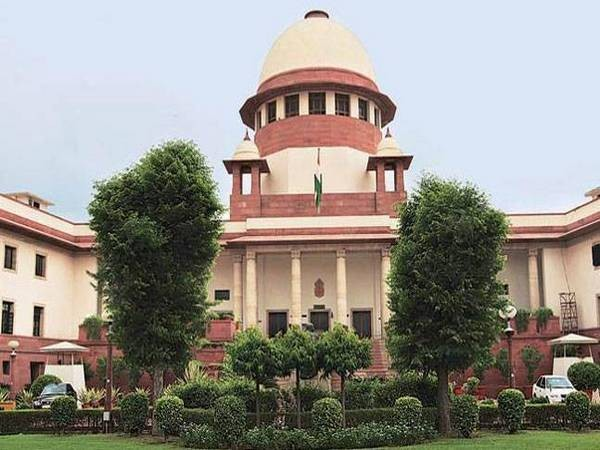Supreme Court Upholds Kerala High Court Order, Imposes Rs 10 Lakh fine on NMC
The Supreme Court dismissed the National Medical Commission's plea challenging the Kerala High Court's decision and imposed a Rs 10 lakh fine. The case concerned a medical college's seat increase for the 2023-24 academic year, which was initially approved and later withdrawn by the NMC.

- Country:
- India
The Supreme Court recently affirmed that the National Medical Commission (NMC), as a state organ, must act fairly and reasonably. Justices BR Gavai and KV Viswanathan imposed a Rs 10 lakh cost against the NMC and rejected its appeal against the Kerala High Court ruling.
The issue arose when a medical college received approval to increase its seats from 150 to 250 for the academic year 2023-24 by a letter dated February 27, 2023, which was subsequently revoked on April 5, 2023. The NMC contested the Kerala High Court's order that directed the college to provide an undertaking.
The NMC's counsel argued that permission should be reviewed annually and that the previous denial applied to the 2023-2024 academic year, not the 2024-2025 year. He stated no inspection was conducted for the 2024-2025 academic year, making the High Court's order unjustified.
The Supreme Court disagreed with the NMC's arguments, upholding the Kerala High Court's decision. The court criticized the NMC, stating it was not behaving as a model litigant and emphasized that institutions should not be harassed. The court noted that when the earlier approval for 2023-2024 was withdrawn, no deficiencies were cited other than the lack of a consent of affiliation (COA).
The court ruled that the special leave petitions were an abuse of legal process, imposing a Rs 10,00,000 fine to be paid within four weeks. Half the amount is to be deposited with the Supreme Court Advocates-on-Record Association for library purposes, and the other half with the Supreme Court Bar Association Advocates Welfare Fund.
(With inputs from agencies.)
ALSO READ
BJP Launches Statewide Protests Over RG Kar Medical College Rape-Murder Case
CBI Arrests Former Principal of RG Kar Medical College Amid Financial Misconduct Allegations
CBI Arrests Former Principal of RG Kar Medical College Over Corruption Charges
Former RG Kar Medical College Principal Faces CBI Corruption Probe Amid Tragic Events
CBI Arrests Former RG Kar Medical College Principal in Financial Misconduct Probe










